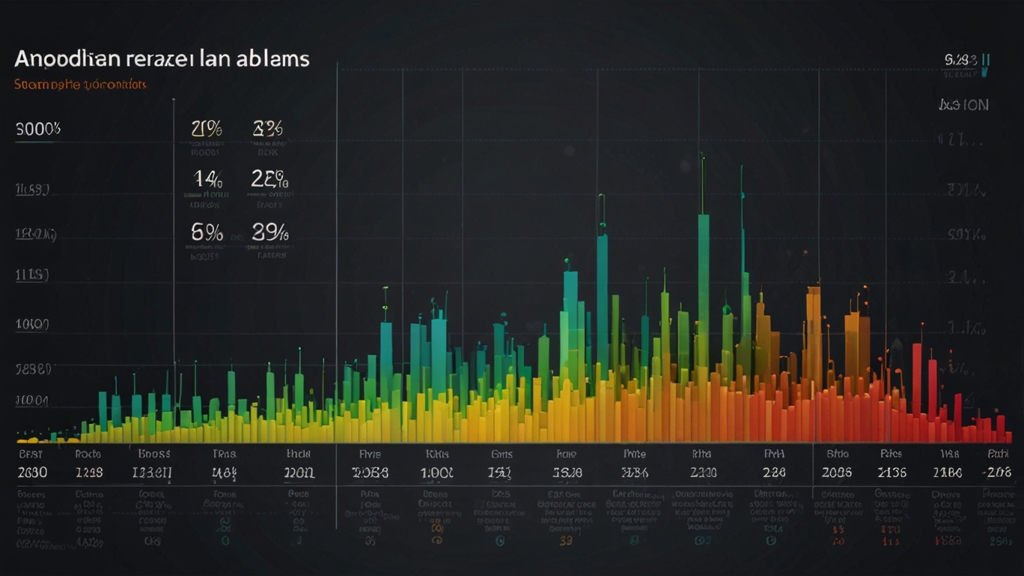Ethical Hacking Myths Busted: What You Really Need to Know
When people hear the term "ethical hacking," their minds often jump to images of shady individuals in dark rooms, tapping away on keyboards to infiltrate servers and compromise security systems. However, this depiction is far from accurate. Ethical hacking is a legitimate and crucial component of cybersecurity. This article aims to bust some common myths surrounding ethical hacking and provide you with a clear understanding of what it entails.
Myth 1: Ethical Hackers Are Just "Good" Hackers
One prevalent myth is that ethical hackers are merely "good" versions of malicious hackers. While it's true that ethical hackers use similar techniques to those deployed by their malicious counterparts, the key difference lies in their intent. Ethical hackers are authorized individuals who work to protect systems, not compromise them. They follow a code of ethics and operate within legal boundaries to identify and fix vulnerabilities before they can be exploited by malicious hackers.
“Ethical hackers are defenders, guardians of the digital realm. Their goal is to strengthen defenses, not breach them.”
Myth 2: Anyone Can Become an Ethical Hacker
Becoming an ethical hacker is not as simple as watching a few tutorials online and running basic scanning tools. Ethical hacking requires a deep understanding of various programming languages, networking protocols, and security frameworks. It also demands continuous learning and adherence to legal guidelines. Certified Ethical Hackers (CEH) often undergo rigorous training courses and certification exams to ensure they are equipped with the necessary skills and knowledge to ethically test and secure systems.
Myth 3: Ethical Hacking is an Illegal Gray Area
Another misconception is that ethical hacking operates within a legal gray area. In reality, ethical hackers work under strict legal agreements and receive explicit permission from the system owners before conducting any tests. These engagements are typically governed by contracts that outline the scope of the tests and the methods to be used. Operating outside these bounds not only breaches ethical guidelines but is also illegal.
The legal framework for ethical hacking is well-established and enables organizations to proactively defend against potential threats. This field is recognized and regulated to ensure that security assessments are performed responsibly and lawfully.
Myth 4: Ethical Hacking is Only About Finding Bugs
While locating vulnerabilities is a significant part of ethical hacking, the role encompasses much more. Ethical hackers also assist in risk assessment, security auditing, and compliance evaluations. They provide comprehensive reports on their findings, including remediation strategies to reinforce security measures. Ethical hacking is a full-spectrum approach to cybersecurity, aimed at building a robust security posture rather than simply identifying flaws.
“Ethical hacking isn’t just about finding bugs; it’s about building a fortress.”
Myth 5: Ethical Hacking Tools are the Same as Malicious Hacking Tools
Though ethical hackers may use some of the same tools as malicious hackers, the context and manner in which these tools are used differ significantly. Ethical hacking involves utilizing these tools within permitted environments to understand and improve the security infrastructure. Moreover, ethical hackers often use specialized software designed for comprehensive security assessments, far beyond what typical malicious hackers employ.
Additionally, it’s worth noting that ethical hacking tools are often open source and subject to peer reviews to ensure they are not misused or altered for malicious purposes. This transparency reinforces the ethical use of these tools in cybersecurity practices.
Myth 6: Ethical Hackers Work Alone
The stereotype of a lone hacker working in isolation couldn’t be further from the truth when it comes to ethical hacking. Ethical hackers often work as part of larger cybersecurity teams within organizations. They collaborate with IT staff, network administrators, and other security professionals to ensure a holistic approach to security. Teamwork and communication are vital components of ethical hacking, as addressing security threats frequently requires a coordinated effort.
Conclusion
Ethical hacking is a well-regulated, highly skilled profession aimed at fortifying digital defenses and safeguarding sensitive information. Myths and misconceptions can obscure the essential work done by ethical hackers, but understanding the facts can help demystify their role in the cybersecurity landscape. Ethical hackers are indeed the digital sentinels of our time, working tirelessly to protect the integrity of our interconnected world.
“In the realm of cybersecurity, ethical hackers are the unsung heroes, silently defending the gates.”










